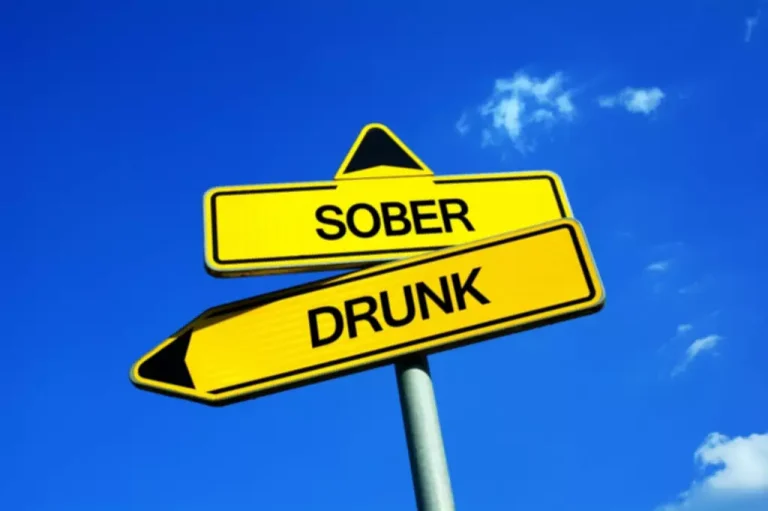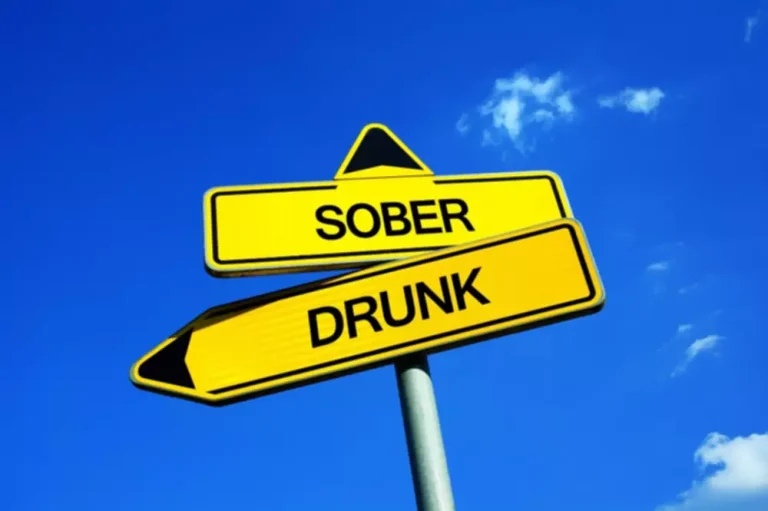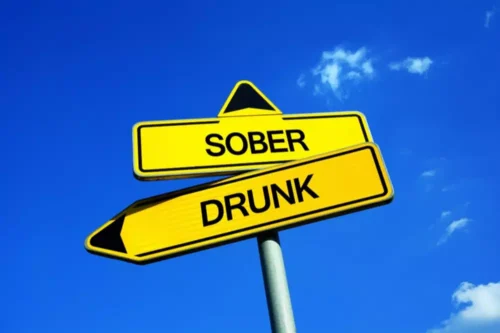Effects of Alcohol on the Body

This investigation added to the literature concerning the association between alcohol consumption and health outcomes by investigating the frequency, heavy episodic nature, and early initiation on health outcomes. This study extended previous work by assessing a full range of alcohol drinking patterns and documented the association between drinking patterns and health outcomes. Additionally, this study also extended previous work by looking at a comprehensive range of health outcomes, including poor physical and consequences of drinking mental health, disability, and indicators of positive health. This is unique internationally, as most previous studies have explored the effects of alcohol use on limited types of health outcomes. HED decreased the likelihood of experiencing good general health and positive mental health.
- Those classified as food insecure reported higher proportions of HED and alcohol-related problems, compared with those classified as food secure.
- Alcoholic beverages are classified as carcinogenic by the International Agency for Research on Cancer and increase the risk of several cancer types.
- Only one randomly selected person per household could participate in the study.
- Others, like loss of consciousness or slurred speech, may develop after a few drinks.
- Many people drink alcohol as a personal preference, during social activities, or as a part of cultural and religious practices.
Nutrition and healthy eating
Alcohol is a popular substance enjoyed by millions all over the world. In the US, one standard drink is any drink that contains 0.6 fluid ounces (14 grams) of pure alcohol (ethanol). In fact, it may have adverse effects on development, growth, intelligence and behavior — which may affect the child for the rest of its life (63). Binge drinking early in pregnancy is particularly risky for the developing baby (65). Alcohol abuse during pregnancy is the leading preventable cause of birth defects in the US.
Heart health
Excessive alcohol consumption can have numerous adverse effects on your brain. By Lindsay CurtisCurtis is a writer with over 20 years of experience focused on mental health, sexual health, cancer care, and spinal health. At this point, you may have alcohol cravings or drink to avoid the low feelings withdrawal causes rather than for the pleasurable feelings alcohol consumption may offer. By Geralyn Dexter, PhD, LMHCDexter has a doctorate in psychology and is a licensed mental health counselor with a focus on suicidal ideation, self-harm, and mood disorders. The effects of alcohol can range from mild, such as skin flushing, to more severe symptoms such as passing out or vomiting. And all of this is true despite the well-known and well-publicized risks of drinking too much alcohol.

Wernicke-Korsakoff Syndrome (aka Wet Brain)

According to the Centers for Disease Control and Prevention (CDC), 12 ounces of beer, 5 ounces of wine, and 1.5 ounces of 80-proof alcohol constitute one drink. In people assigned female at birth, consuming more than four drinks in one sitting is considered binge drinking. However, there may be legal, financial, or relational consequences for drinking heavily.

Nonetheless, these results suggest that examination of whether increases in alcohol use persist as the pandemic continues and whether psychological and physical well-being are subsequently affected may be warranted. New evidence around the https://ecosoberhouse.com/ health harms from regular drinking has emerged in recent years. Kindling is a problem that can occur following a number of episodes of withdrawal from alcohol. The severity of a person’s withdrawal symptoms may get worse each time they stop drinking, and can cause symptoms such as tremors, agitation and convulsions (seizures). Heavy drinking can also increase your blood pressure and blood cholesterol levels, both of which are major risk factors for heart attacks and strokes.
Data Availability Statement
25.8% of people classified their recent consumption habits as binge drinking (excessive drinking in a defined amount of time). Harmful use of alcohol is accountable for 6,9 % and 2.0% of the global burden of disease for males and females respectively. Alcohol is the leading risk factor for premature mortality and disability among those aged 20 to 39 years, accounting for 13% of all deaths in this age group.

Alcohol-induced mental health conditions
Because alcohol is a depressant, it can also contribute to mental health conditions, like anxiety and depression. Research indicates that heavy alcohol use can also increase the risk of suicide. Despite these potential health benefits, most doctors don’t recommend that someone who doesn’t drink start drinking, or for a moderate drinker to drink more. That’s because these are only correlations (which does not necessarily mean causation). Many of these benefits are quite small, and it’s hard to predict who will actually benefit and who may be harmed more than helped by alcohol consumption. A gendered pattern in alcohol consumption has been reported in other countries (e.g., Australia, the US, and South Korea) 25,26.
- If you’re pregnant or think you could become pregnant, the safest approach is not to drink alcohol at all to keep risks to your baby to a minimum.
- In fact — while drinking beer regularly may cause an increase in waist circumference — the well-known “beer belly” — wine consumption may have the opposite effect (31, 35, 36).
- Drinking large amounts of alcohol for many years will take its toll on many of the body’s organs and may cause organ damage.
Alcohol and the Human Body
Drinking too much can cause a range of consequences, and increase your risk for a variety of problems. If you tend to drink excessively or notice that alcohol causes problems in your life, you should avoid it as much as possible. The problem is, most people have no idea what qualifies as a “standard drink.” To worsen matters, the official definition of a standard drink differs between countries.
